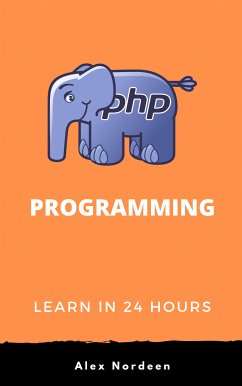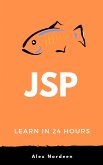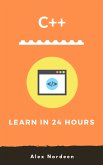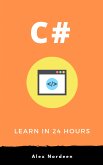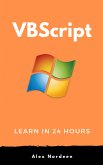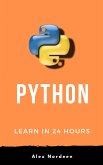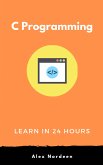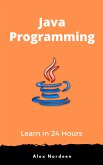Most beginners find PHP difficult because they either spend a long time learning all the things, or they are using poorly crafted online courses. To make PHP easier to learn, we extracted some niche topic of PHP and compiled them in simple to understand format in this small e-book. On top of it, the examples are made more interactive to help understand some advanced PHP topics. The best part of this e-book is the price is almost negligible.
With this edition, beginners will learn to interpret PHP language in the nick of time. They will able to build a basic application on HTML, CSS, etc. without any peer guidance or external course. All the major concept of PHP are covered in this e-book. Once you know the tips and tricks, the book can be a guide for building Web-based services for mobile devices. You will be able to gain more knowledge about PHP functions and MySQL through it.
Besides having limited coding language, you will become someone having a deeper understanding of PHP in no time. With this e-book, you soon can become the part of these huge base of PHP users like Facebook, Yahoo, Wikipedia, Wordpress, and so on.
Table of Contents
Chapter 1: Introduction
What is a scripting language?
Scripting VS Programming Language
What does PHP stand for?
Php Syntax
What is PHP used for & Market share
PHP vs ASP.NET VS JSP VS CFML
Chapter 2: Introduction to XAMPP
What is XAMPP?
How to Download and Install XAMPP
XAMPP Control Panel
What is the best PHP IDE?
Introduction to Netbeans IDE
Creating a new PHP project using the Netbeans IDE
Chapter 3: Data Types, Variables and Operators
Data Types
Variable
Variable Type Casting
Constant
Operators
Chapter 4: Comments, Include & Require
Comments
Include & PHP Include_once
Require & PHP require_once
include vs require
Chapter 5: Arrays
What is an Array?
Numeric Arrays
Associative Array
Multi-dimensional arrays
Arrays: Operators
Chapter 6: Control structures
What is a control structure?
IF Else
PHP Loop
While Loop
Switch Case
Chapter 7: Strings
What is a string?
Create Strings Using Double quotes
Heredoc
Nowdoc
String functions
Chapter 8: Functions
What is a Function?
Built in Functions
String Functions
Numeric Functions
Date Function
Why use User Defined Functions?
Chapter 9: Forms
What is form?
Create a form
POST method
GET method
GET vs POST Methods
Processing the registration form data
Chapter 10: Cookies & Sessions
Chapter 11: File Processing
Chapter 12: Error Handling
Chapter 13: Regular Expression
Chapter 14: MAIL
Chapter 15: Database Access
Chapter 16: OOPS
Chapter 17: Date
Chapter 18: Security Functions
Chapter 19: XML,DOM, Parsers
Chapter 20: Sample Project
Chapter 21: PHP with Ajax
Chapter 22: Frameworks
Dieser Download kann aus rechtlichen Gründen nur mit Rechnungsadresse in A, B, BG, CY, CZ, D, DK, EW, E, FIN, F, GR, H, IRL, I, LT, L, LR, M, NL, PL, P, R, S, SLO, SK ausgeliefert werden.

